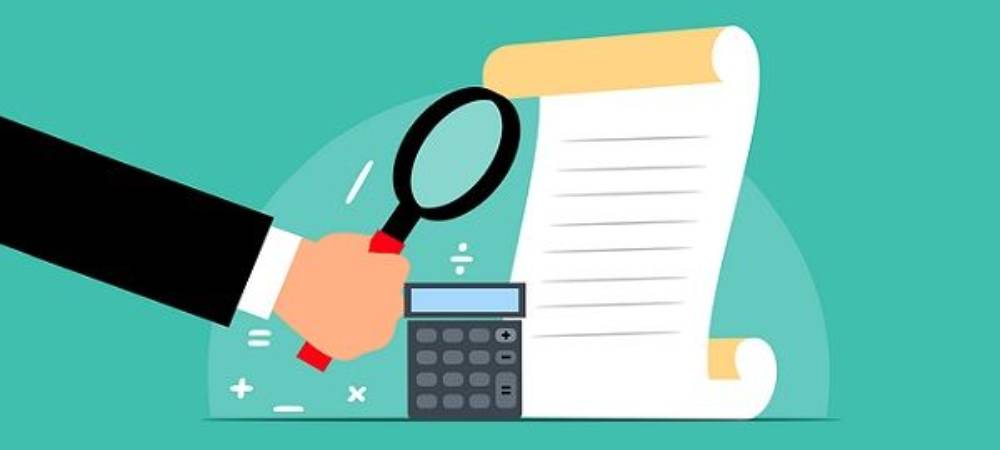4 Verification Tools To Use That Can Help Make Your Business Better: Mountains of paperwork can make almost any job a nightmare. In many roles, a new hire can spend their whole first day filling out form after form. If you work in an industry like HR, banking, or real estate, paperwork might literally take up most of your career. You need to know whether it’s a good choice to hire a candidate, loan out funds, or accept a tenant. But getting the right information can mean processing huge stacks of handwritten personal information.
Thankfully, many software solutions exist to ease some of the burden. Verification tools, in particular, can help streamline formerly lengthy screening procedures. The more your employees can do electronically, the freer they are to handle more pressing daily tasks. A number of platforms can assist with confirming everything from income to documented worker status. Here are a few types of programs that can help, and how they can be used by different businesses.
Table of Contents
1. Income Verification
Various industries need to verify clients’ or candidates’ income before making certain decisions. Banks and lenders use income verification to decide whether or not to grant loans. Landlords and rental companies may verify income before approving or denying rental arrangements. Government agencies need to look at individuals’ income in order to grant aid or health insurance. Colleges and universities also check income before awarding certain scholarships.
Third-party income verification solutions can help make this process more efficient. These programs can provide a secure platform for submitting documentation online. Many can analyze documents like pay stubs and tax returns to help assess and mitigate risk. Some can also work with payroll processors and gig economy applications to verify data almost instantaneously. They may also coordinate direct outreach to employers who aren’t integrated with their platform.
2. Background Checks and Pre-Hire Checks
Verification software is also useful for conducting background checks and pre-hire screenings, also called pre-employment screenings. . A pre-employment screening is typically used to confirm employment, education, and licensure or credential information supplied by a candidate. It can also include a health assessment and/or drug testing. For certain positions, it could include a polygraph test or knowledge and skills assessments.
Must background details check is neccessary to see a persons identity if he is a criminal back then A background check will turn up arrests and warrants, court records, driving violations, and occasionally credit history. It could also reveal court cases in which the individual has been involved, including civil and bankruptcy cases. It will also gives us idea to know if the applicable is/was a sex offender . Background checks can be part of a pre-employment screening or used for rental and loan applications, security clearances, and more.
3. Credit Check
A credit report contains much more information than the score alone. It includes bill payment history, any current unpaid debt, new credit applications, any foreclosures or bankruptcies, and more. Each credit reporting agency (aka credit bureau) uses a different calculation to determine credit scores.
Credit verification software uses the information in a report to calculate the risk of an individual defaulting on a debt. Like income verification tools, credit verification software can be useful as part of a rental or loan application process. Some lenders that provide funding to small businesses even conduct credit checks on their founders or CEOs. The credit verification process can be vulnerable to data breaches, so it’s important to choose providers and platforms you trust.
4. Eligibility to Work in a Given Country
Software for verification can be used to ascertain a person’s eligibility for employment in a particular nation. One example of this kind of software is the E-Verify initiative by the US government.
Additionally, specialised software is available to assist in monitoring I-9 compliance inside an organisation. This is crucial since I-9 errors and noncompliance can result in significant fines for employers. Some software programmes enable people to electronically complete their I-9s rather than on paper. Some solutions are made expressly to determine a remote worker’s eligibility. If requested, some of these programmes also facilitate the easier forwarding of records to government organisations.

